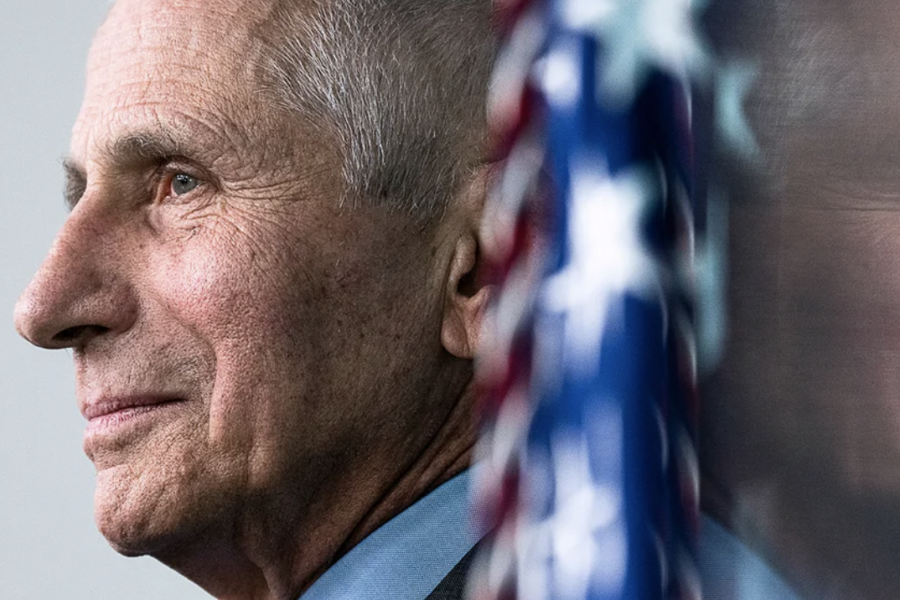The first person I met with long COVID was Kenton Kaplan, a student I was mentoring at Georgetown University. Without much warning, he had called me in January 2022 to drop out of our departmental honors program. As we talked over the next year and a half, he told me about debilitating fatigue, dizziness and intense memory inconsistencies. He and his doctors believed that these symptoms were related to a COVID infection he likely caught at a New Year’s Eve party.
Kaplan recovered and graduated with honors from Georgetown, but since meeting him, I’ve encountered many other people with long COVID—a syndrome of neurological, psychological and physical issues that lasts long after the disease-causing virus, SARS-CoV-2, is gone. As a medical anthropologist, I’ve been fascinated by this postviral illness as both a sociocultural and a biological phenomenon. Millions of people seem to have it, even as some health care professionals still believe postviral syndromes are “all in your head.” I believe that even I have had some form of it—for several months after my first COVID infection, I was struck with anxiety, depression and fatigue that eventually passed. I have spent hundreds of hours thinking about long COVID and interviewing people—patients, caregivers, physicians, nurses, academics and policymakers—about their firsthand experiences. One of the physicians I interviewed was Anthony Fauci, former head of the National Institute of Allergy and Infectious Diseases (NIAID). He is currently a faculty member at Georgetown. As part of the book I am now writing on contested chronic illnesses, we talked about postviral illnesses such as long COVID and myalgic encephalomyelitis/chronic fatigue syndrome (ME/CFS) and the challenge of understanding our body after an infection has ravaged it. I was surprised to learn that postviral illnesses have been on the embattled doctor’s radar for about 50 years and that early research on these illnesses fell by the wayside as we struggled to understand their causes.
